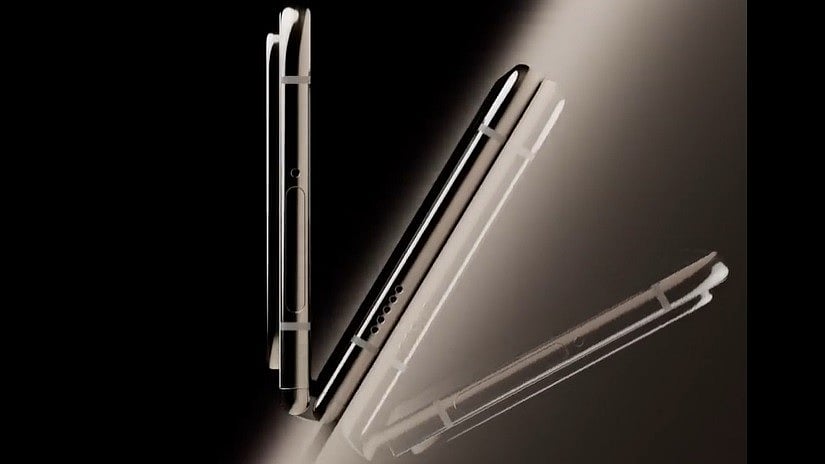Now Google is ready to test the AI waters with its search engine, which has been synonymous with finding things on the internet for the past 20 years and serves as the pillar of a digital advertising empire that generated more than USD 220 billion in revenue last year.
After initially rolling out Bard in the UK and the US, Google has now removed the waiting list and opened the AI chatbot to over 180 countries and territories, including India -- with more coming soon.
Apart from English, Bard is now available in Japanese and Korean, and the company said it's on track to support 40 languages soon.
In addition, Google said that Bard will soon become more visible in both its responses and your prompts.
Google Lens
To make this happen, the company will bring Google Lens right into Bard.
"Let's say you want to have some fun using a photo of your dogs. You can upload it and prompt Bard to 'write a funny caption about these two'. Using Google Lens, Bard will analyse the photo, detect the dogs' breeds, and draft a few creative captions -- all within seconds," Google said in a blogpost on Wednesday.
Google to integrate apps
Moreover, the company said that it will introduce new ways to fuel users' imagination and curiosity by integrating the capabilities of Google apps and services they may already use, such as Docs, Drive, Gmail, Maps and others, right into the Bard experience.
In the coming months, Google will integrate Adobe Firefly, Adobe's family of creative generative AI models, into Bard so users can easily and quickly turn their own creative ideas into high-quality images, which they can then edit further or add to their designs in Adobe Express.
Google Bard to link with Google apps
The tech giant is also working to connect Bard with helpful Google apps and many more partners, including Kayak, OpenTable, ZipRecruiter, Instacart, Wolfram and Khan Academy.
"We are at an exciting inflection point," Alphabet CEO Sundar Pichai told a packed developers conference in a speech peppered with one AI reference after another. "We are reimagining all our products, including search."
AI and Google Gmail
More AI technology will be coming to Google's Gmail with a "Help Me Write" option that will produce lengthy replies to emails in seconds, and a tool for photos called "Magic Editor" that will automatically doctor pictures.
Google to be cautious with AI transition
The AI transition will begin cautiously with the search engine that serves as Google's crown jewel.
The deliberate approach reflects the balancing act that Google must negotiate as it tries to remain on the cutting edge while also preserving its reputation for delivering reliable search results - a mantle that could be undercut by artificial intelligence's penchant for fabricating information that sounds authoritative.
The tendency to produce deceptively convincing answers to questions - a phenomenon euphemistically described as "hallucinations" - has already been cropping up during the early testing of Bard, which like ChatGPT, relies on still-evolving generative AI technology.
Google's new search lab
Google will take its next AI steps through a newly formed search lab where people in the US can join a waitlist to test how generative AI will be incorporated in search results. The tests also include the more traditional links to external websites where users can read more extensive information about queried topics. It may take several weeks before Google starts sending invitations to those accepted from the waitlist to test the AI-injected search engine.
Google to tag AI results as experimental
The AI results will be clearly tagged as an experimental form of technology and Google is pledging the AI-generated summaries will sound more factual than conversational - a distinct contrast from Bard and ChatGPT, which are programmed to convey more human-like personas. Google is building in guardrails that will prevent the AI baked into the search engine from responding to sensitive questions about health - such as, "Should I give Tylenol to a 3-year-old?" - and finance matters. In those instances, Google will continue to steer people to authoritative websites.
Google isn't predicting how long it will be before its search engine will include generative AI results for all comers. The Mountain View, California, company has been under intensifying pressure to demonstrate how its search engine will maintain its leadership since Microsoft began to load AI into Bing, which remains a distant second to Google.
With input from Agencies












